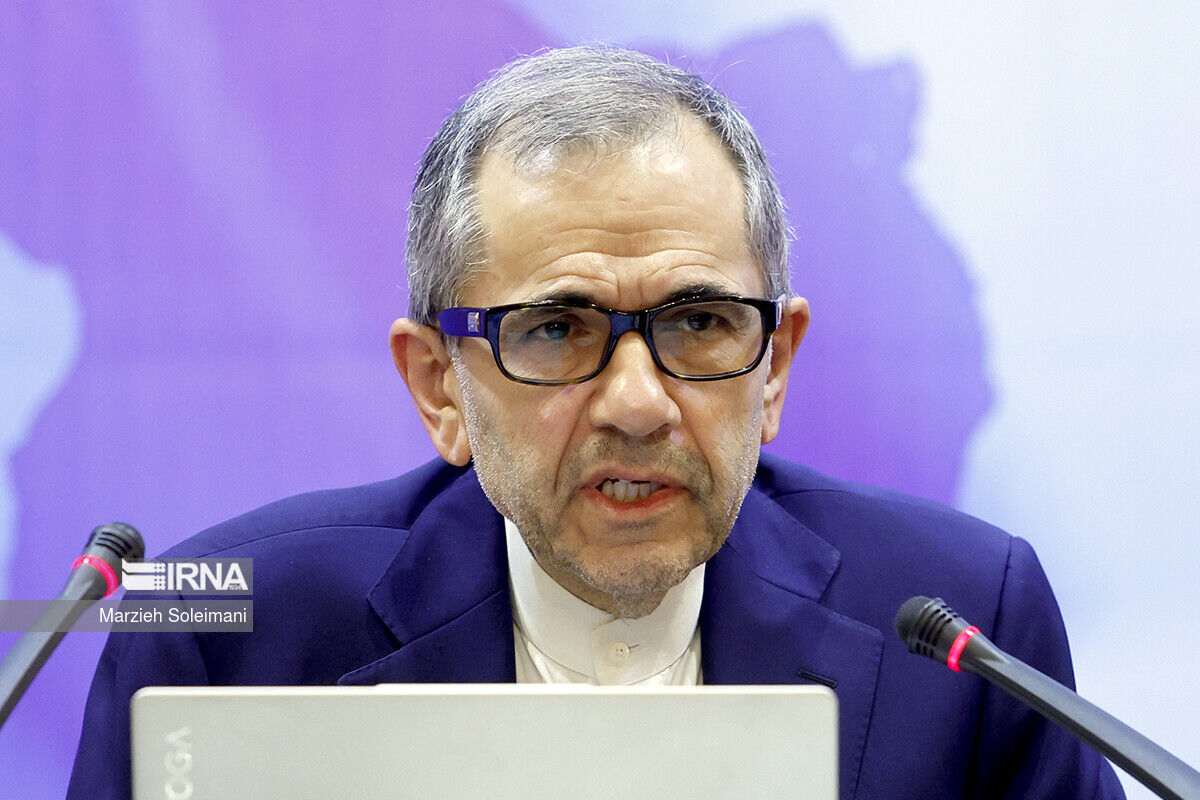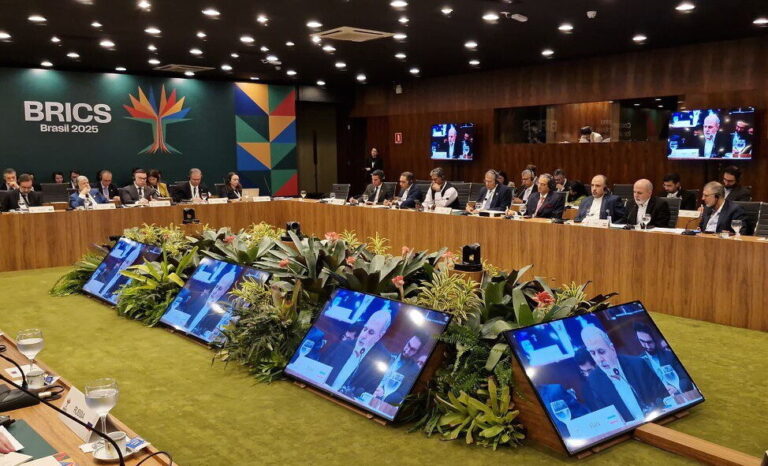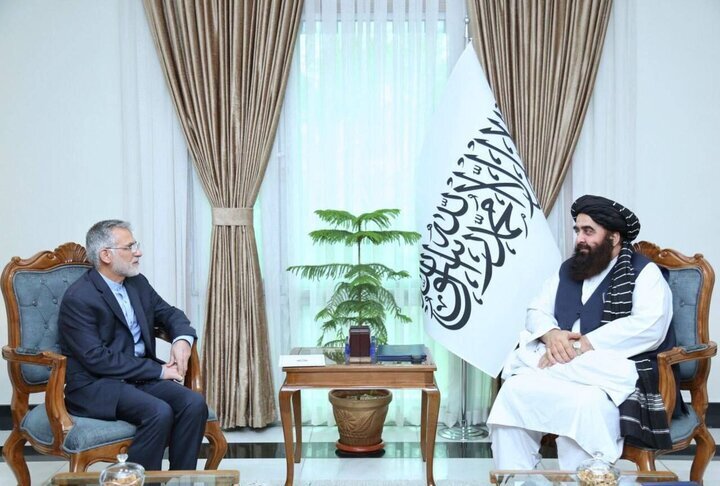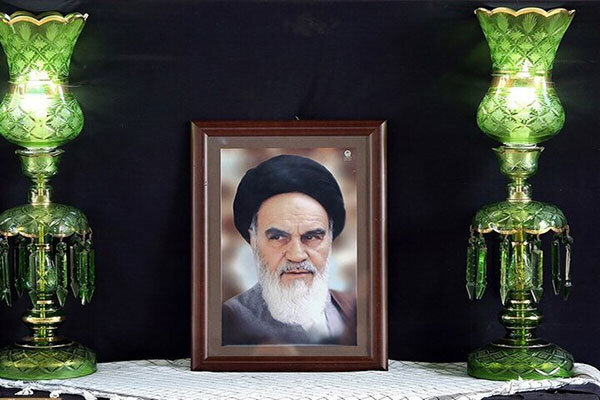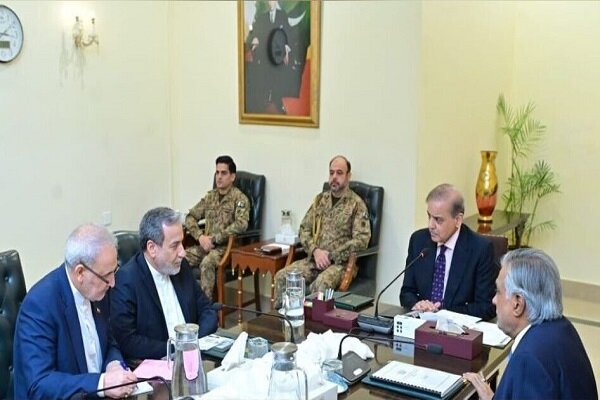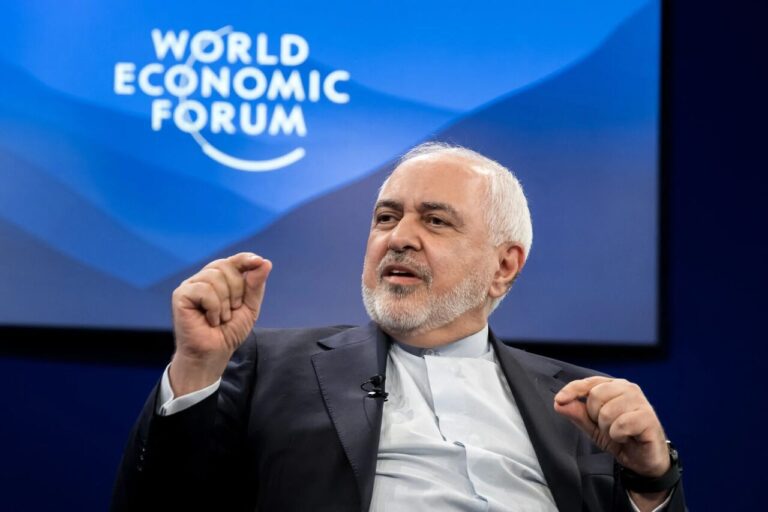Iran Engages in EU Dialogue: Takht-e-Ravanchi Reveals Key Negotiations
Tehran, IRNA – In a significant development in international diplomacy, Deputy Foreign Minister Majid Takht-e-Ravanchi has confirmed that Iran is currently engaged in negotiations with European countries. This dialogue is crucial for addressing mutual concerns and advancing regional stability.
In an interview with Alahad TV, Takht-e-Ravanchi expressed optimism about the ongoing discussions, stating:
“Both European countries and Iran are eager to advance these discussions, adding that a framework for negotiations has been established, and the parties will adhere to it to reach an agreement.”
He also addressed the persistent threats from the US and the Israeli regime, emphasizing that while these threats are not new, both nations are conscious of Iran’s true strength. Takht-e-Ravanchi warned:
“The United States and Israel would face severe consequences if they made any reckless moves against Iran.”
Furthermore, he highlighted that the Leader of the Islamic Revolution has outlined the general framework for negotiations with the US, which Iranian officials are expected to follow. Takht-e-Ravanchi reflected on past negotiations, mentioning:
“During Iran’s President Hassan Rouhani’s presidency, after difficult and complicated negotiations, Iran and the five members of the UN Security Council, plus Germany, reached an agreement. However, the US government failed to honor it during both President Barack Obama’s term of office and Donald Trump’s presidency — a point Iran will not forget.”
In addition to the negotiations, he commented on the situation in Syria, stating:
“Tehran is closely monitoring the situation and hopes for restoration of security in the country. He also urged other countries to refrain from interfering in Syria’s internal affairs.”
Overall, the current negotiations between Iran and European nations may pave the way for improved relations and regional stability. Stakeholders around the world are closely watching these developments, as they could have significant implications for international diplomacy.
